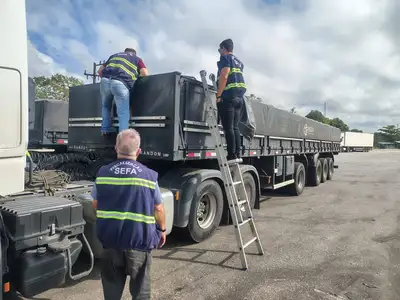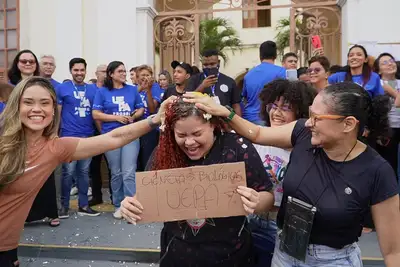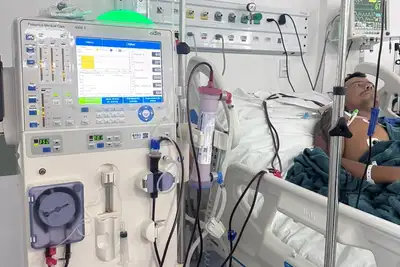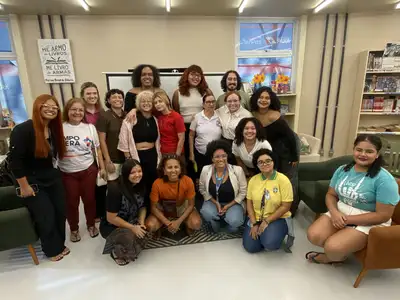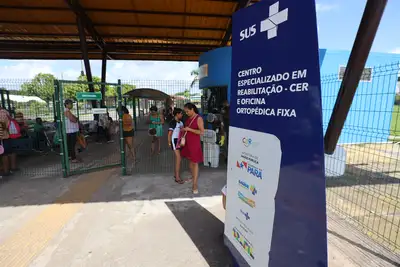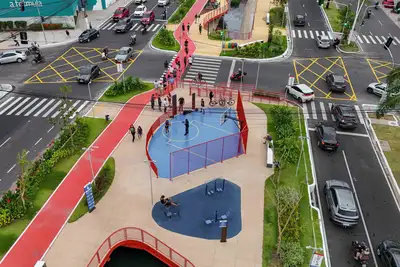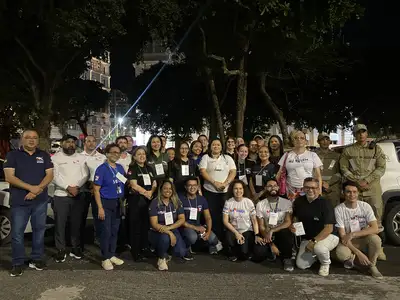Fasepa discusses Gender Diversity and Sexual Orientation with socio-educational staff
The action is part of a series of efforts by Fasepa to implement public policies aimed at diversity in the socio-educational system
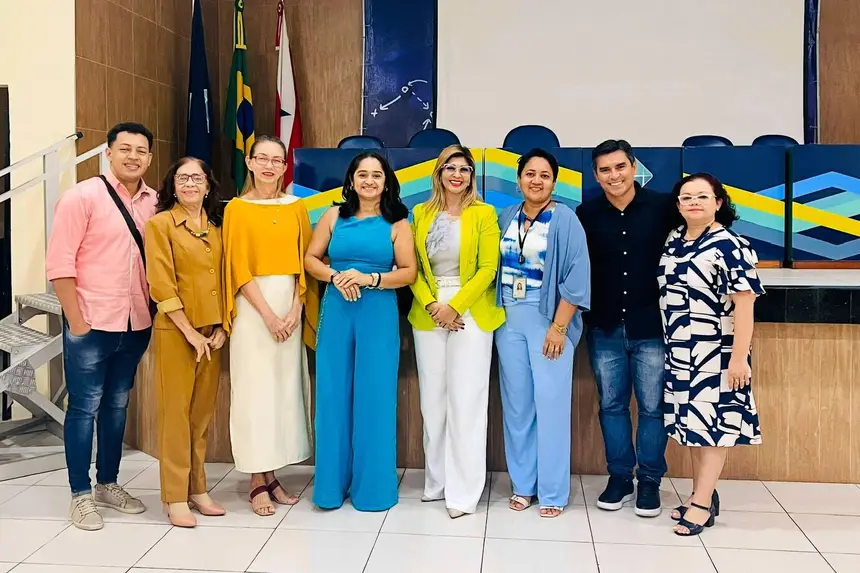
The Pará Socio-Educational Service Foundation (Fasepa) reaffirms its commitment to promoting human rights and diversity by holding a significant Conversation Circle on Gender Diversity and Sexual Orientation on May 20 and 21. The initiative was carried out in partnership with the Secretariat for Racial Equality and Human Rights (SEIRDH), at the auditorium of Estácio College in Belém, and was attended by managers, coordinators, technicians, and socio-educators from the Foundation's Socio-Educational Service Units (UASEs).
The activity was organized by the Socio-Educational Service Directorate (DAS), through the Socio-Educational Service Coordination (CASE) and the Ethnic-Racial, Gender, and Sexual Orientation Diversity Axis of Fasepa.
During the two days of the event, participants discussed essential topics related to respecting the gender identity and sexual orientation of adolescents served in socio-educational units, in order to build more inclusive, humanized practices aligned with the principles of equity.
The lectures were conducted by social worker Gabriela Borja, who also serves as the coordinator of Sexual and Gender Diversity, and by Maria Rocha, social worker and public management analyst. Both addressed the importance of aligning socio-educational work with human rights and equity.
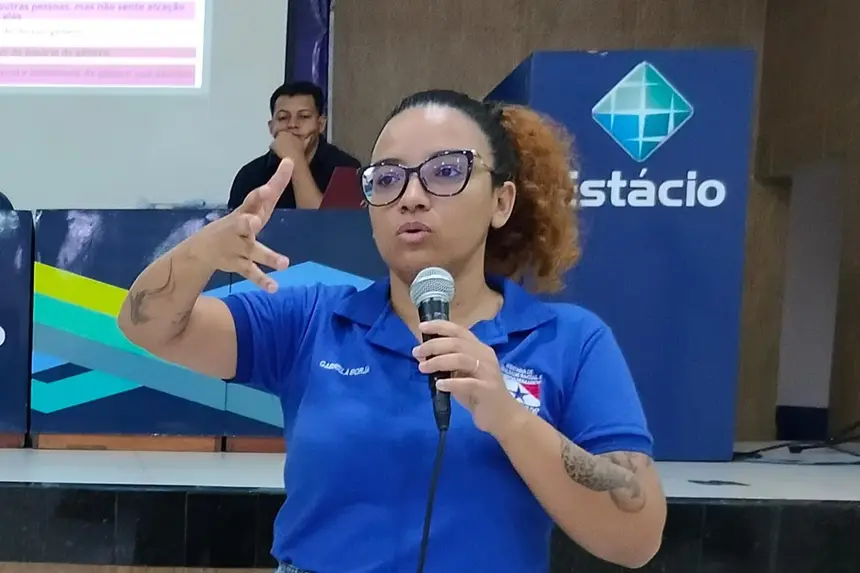
According to Gabriela Borja, "this partnership is essential because it involves services that directly serve LGBTQIAPN+ individuals. We are here to qualify and enhance this service, ensuring that those welcomed by Fasepa professionals feel respected in their identity and sexual orientation. The proposal for continued education is precisely this: to recognize that these professionals already deal with this population and ensure that respect is mutual in all services."
The action is part of a series of efforts by Fasepa to implement public policies aimed at diversity in the socio-educational system, contributing to the formation of a more efficient social protection network committed to the full citizenship of adolescents and young people.
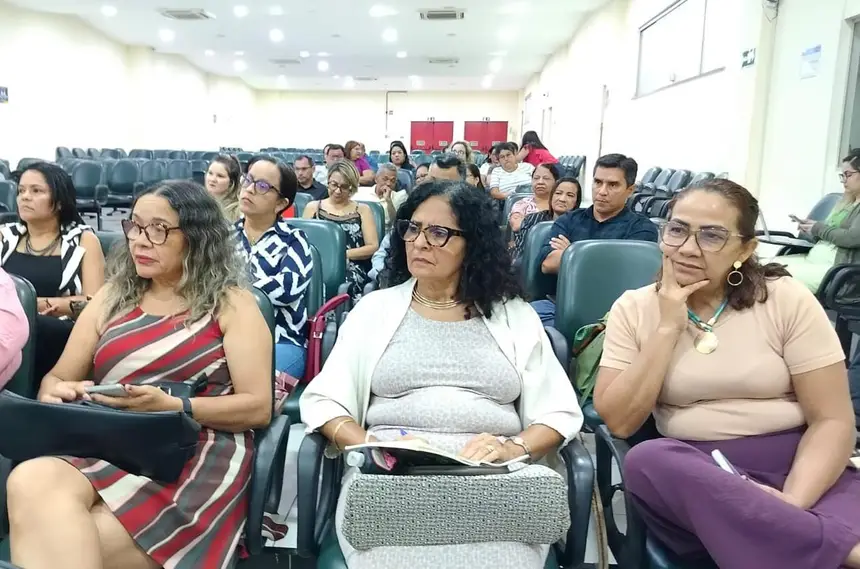
For Priscila dos Anjos, socio-educator and pedagogical support at the Male Socio-Educational Center (CSEM), with 19 years of experience at Fasepa, addressing the theme in the socio-educational context is fundamental for two aspects: alignment with legal regulations and the exchange of experiences among professionals. "These moments allow for the sharing of experiences, clarification of doubts, and updating of staff from both a legal and social perspective. It is an enriching opportunity to qualify our work," she stated.
The event seeks to improve the service to LGBTQIAPN+ adolescents and young people undergoing socio-educational measures. According to Anne Sousa, lawyer and member of the Ethnic-Racial, Gender, and Sexual Orientation Diversity Axis of Fasepa, "gender and sexuality literacy goes beyond knowledge of terms; it is about respect, guaranteeing rights, and complying with laws that protect this population. Since 2023, in fact, LGBTphobic crimes are equated with the crime of racism, being non-bailable, according to a decision by the Supreme Federal Court (STF)."
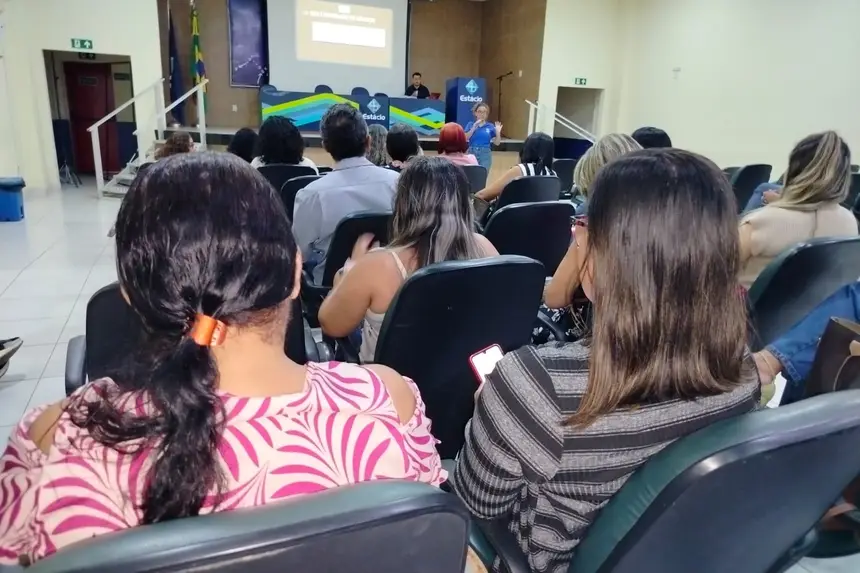
By fostering this type of discussion, Fasepa advances in building a socio-educational service based on dignity, respect for diversity, and valuing differences — fundamental principles for a fairer and more inclusive society.
Text: Dani Valente (Ascom Fasepa)


